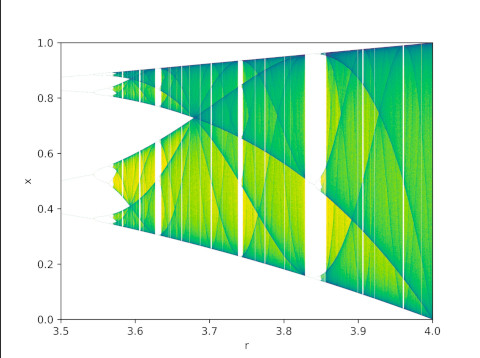A blog carnival is a round up of recent blog posts. The Carnival of Mathematics is a long-running carnival of blog posts on mathematical topics. This is the 222nd edition of the carnival.
Facts about 222
By longstanding tradition, the nth Carnival of Mathematics must begin with trivia about the number n, and so here are five facts about the number 222.
- There are 222 hexasticks, polysticks of order 6.
- There was a television series in the 1970s called Room 222.
- There are six groups of order 222, and 222 groups of order 912.
- 222=9+87+6×5×4+3+2+1.
- You can encode the number 222 in the Major mnemonic system as “unknown” or “one-on-one.”
The posts
Gil Kalai looks at what happens when you ask ChatGPT to solve Elchanan Mossel’s dice problem.
Γιώργος Πλούσος (@plousos2505 on the social media platform formerly know as Twitter) posted an image showing how to compute π via a sequence of approximations requiring only basic geometry.
David Eppstein’s blog 11011110 has a post on Pyramidology. It’s particularly fitting to have a post from 1101110 in this carnival. As the author explains in his About page,
This journal’s name comes from interpreting my initials as the hexadecimal number 0xDE (decimal 222) and then converting the result to binary.
The blog ThatsMaths has a post on Sharkovsky numbering, Oleksandr Sharkovsky (1936–2022), and Sharkovsky’s Theorem. This post includes the beautiful image from Wikimedia.

The post Patterns of reality by Timothy Williamson gives an overview of logic from basics to the work of Gödel and Turing.
Larissa Fedunik-Hofman posts an interview with Andrew Krause discussing dynamical system.
Finally, we have Matthew Scroggs’ Advent calendar of math puzzles.
To see previous editions of the carnival, or to submit a post to the next edition, see the Carnival of Mathematics page on Aperiodical.

Comments are closed.